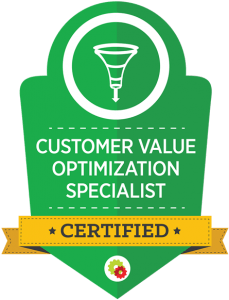Which Marketing Challenges Do Logistics Companies Face in the UK
Logistics companies face numerous marketing challenges that can impact their growth and competitiveness. Here are some of the key hurdles:
1. Differentiation from Competitors:
The logistics industry is often saturated, making it difficult for firms to stand out. Many companies offer similar services, and without a clear unique selling proposition (USP), it can be challenging to attract and retain customers.
2. Target Audience Identification:
Logistics companies may struggle to identify and target the right audience effectively. Understanding the specific needs and preferences of potential clients, as well as segmenting the market appropriately, is crucial for tailored marketing efforts.
3. Complex Messaging:
The logistics sector includes a range of services, from freight forwarding to warehousing and supply chain management. Communicating these complex offerings in a straightforward, engaging manner is challenging. Potential clients may find it hard to understand the benefits of each service.
4. Limited Online Presence:
Many logistics companies lag in developing a strong online presence. This includes deficiencies in search engine optimization (SEO), social media engagement, and overall digital marketing strategies. A weak online footprint can lead to missed opportunities for lead generation and brand awareness.
5. Customer Education:
Potential customers may not fully understand how logistics services can benefit their businesses. Providing educational content, such as blogs, webinars, and case studies, can be time-consuming and requires expertise, yet it's essential for establishing authority in the market.
6. Building Trust and Credibility:
Since logistics firms handle sensitive and valuable goods, building trust with clients is vital. Firms must invest in reputation management, customer testimonials, and case studies to enhance credibility, which can be resource-intensive.
7. Changing Regulations and Compliance:
The logistics industry is subject to constantly evolving regulations. Communicating compliance and regulatory aspects in a way that is clear and reassuring to potential clients can be a marketing hurdle.
8. Technological Advancements:
As technology evolves, logistics firms must continually adapt their marketing strategies to incorporate new tools and platforms. This includes automating marketing processes, utilising data analytics, and staying updated on industry trends to remain competitive.
9. Lead Generation and Nurturing:
Generating quality leads and effectively nurturing them through the sales funnel can be a significant challenge. Logistics companies need to implement strategies for lead generation, such as targeted content marketing and email campaigns, while also having a system in place to follow up with potential customers.
10. KPI Measurement and ROI Determination:
Many logistics firms struggle with measuring the effectiveness of their marketing efforts. Determining the return on investment (ROI) for various marketing channels can be complex, leading to difficulties in optimising budgets and resources.
By addressing these challenges, logistics firms can enhance their marketing effectiveness, improve customer acquisition and retention, and ultimately drive business growth.







All Rights Reserved | KBL Digital Marketing Consultancy | Privacy Policy






